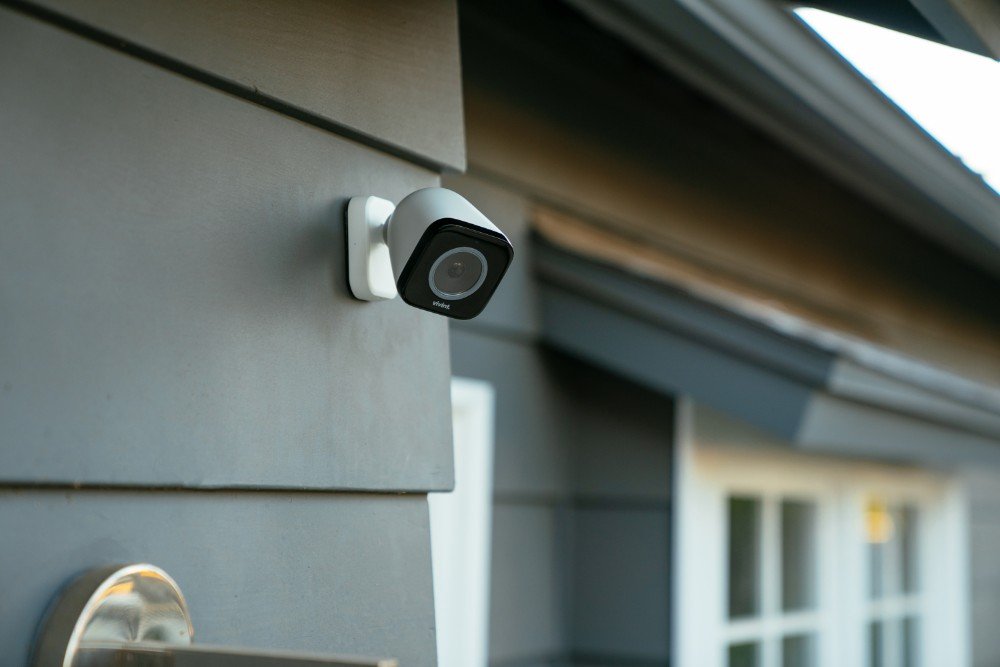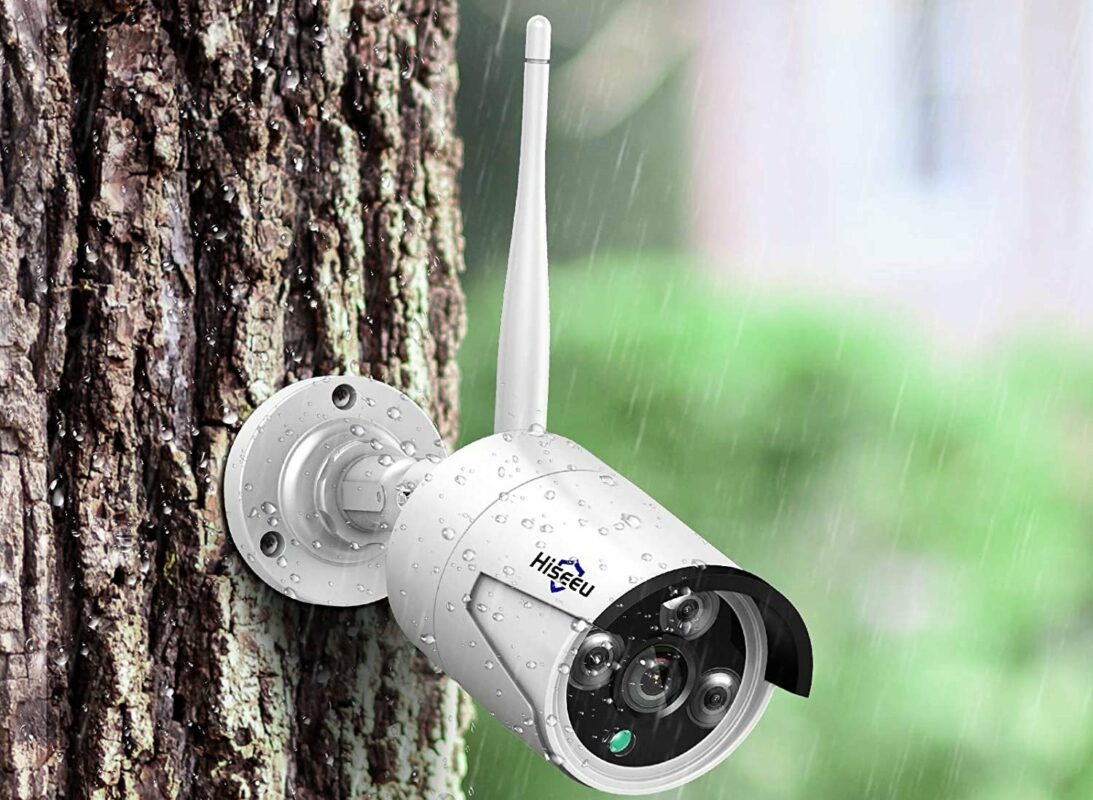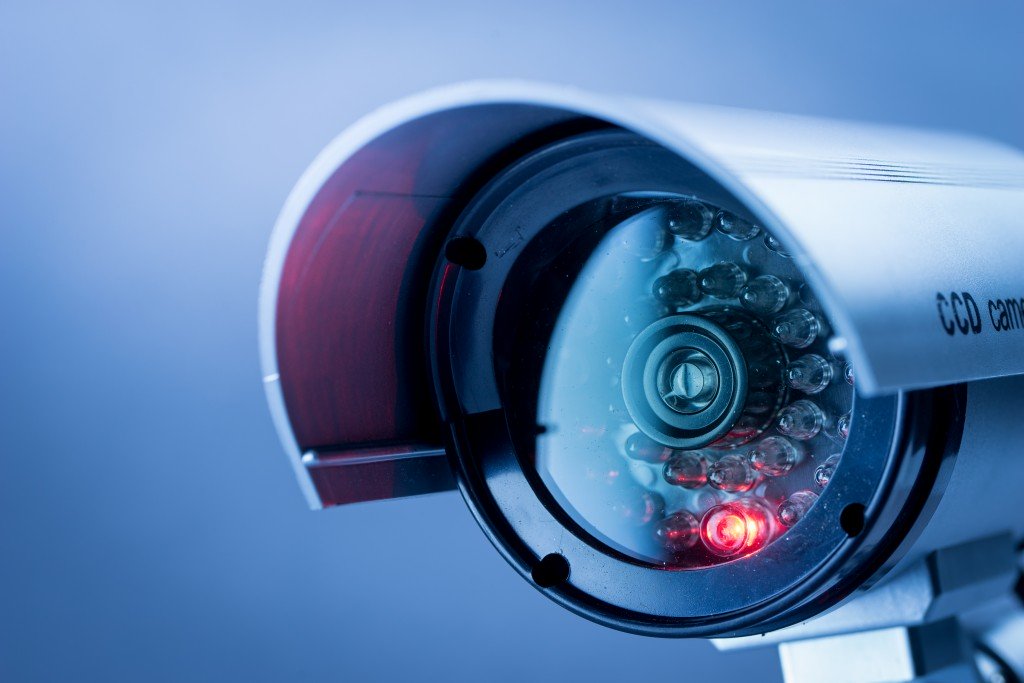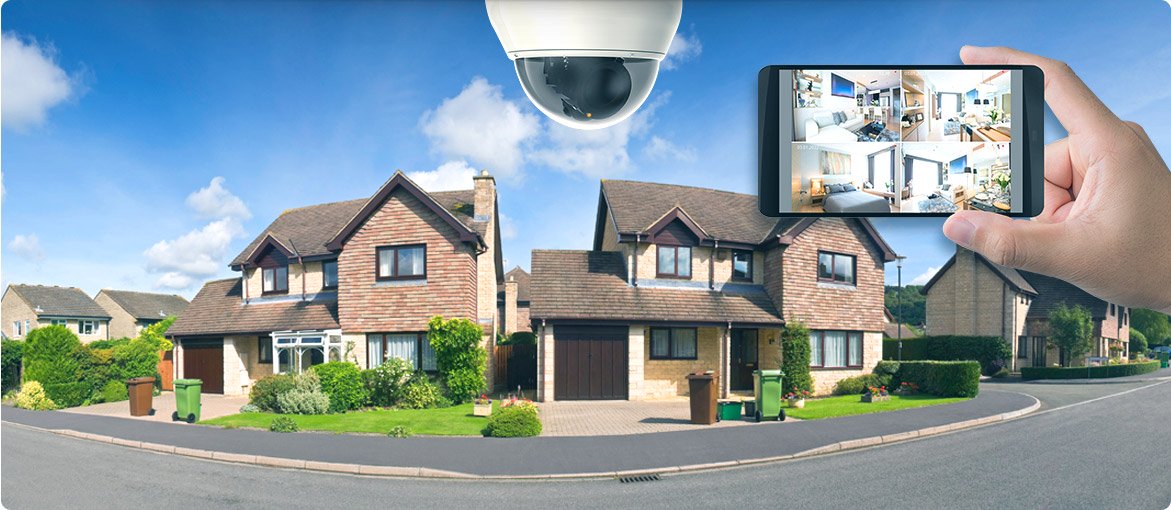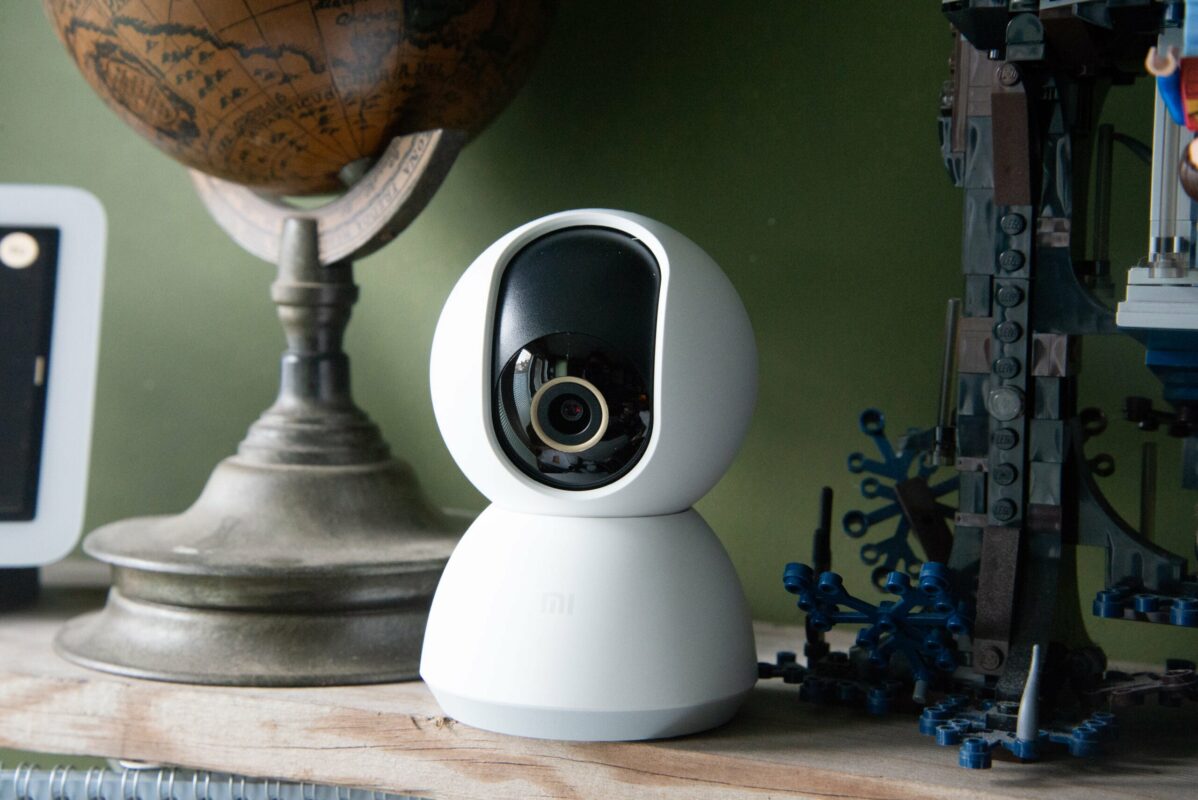The pros and cons of CCTV on construction sites.
On the one hand, they have a deterrent effect on criminals and, on the other hand, they help to identify those responsible when a crime is committed or an accident occurs. Nevertheless, video surveillance has its advantages and disadvantages, which can also affect your insurance. Knowing more about this will help you make more informed decisions about safety on your job site.
Advantage: video surveillance means having eyes everywhere!
Some systems record images continuously 24 hours a day. Others are equipped with motion detectors that trigger the taking of images only when a presence is perceived. Access to the front and back of the site, your offices, and your interior and exterior storage areas are all areas that you will want to keep under surveillance. Try to monitor as large an area as possible.
Advantage: the presence of security cameras has a deterrent effect on thieves and vandals
The presence of surveillance cameras is often enough to turn poorly informed criminals on their heels. It can therefore give you a discount on your insurance premium.. A study was conducted by researchers at the University of North Carolina, Charlotte, USA, to determine the decision-making process through which burglars come to select a location rather than another to commit their misdeeds. Conducted among hundreds of convicted burglars, the survey revealed that 83% of them started by checking if there were surveillance devices on site, 60% abandoned the targeted place for another if they detected any some form of surveillance, and 50% stopped even in the middle of the action if they noticed the presence of anti-theft devices after the intrusion 1 .
Advantage: CCTV provides evidence of criminality or responsibility
Surveillance cameras can provide footage of crimes being committed and accidents occurring. They are an extraordinary tool to help identify, apprehend, and convict perpetrators of criminal acts, prevent further crimes and recover stolen property. Police forces may even circulate excerpts from video surveillance in the media in order to help identify suspects. It is also possible that your insurance company will ask to see your video clips if an accident occurs on your insured premises, to confirm the circumstances surrounding the accident and determine responsibility.
Disadvantage: a power failure would end the monitoring
If you’ve opted for an electrically powered camera system, you could find yourself unattended in the event of a power outage. It will be worth investing in an emergency device, such as a battery- or solar-powered wireless camera, to ensure uninterrupted protection.
Disadvantage: surveillance cameras do not stop the most daring criminals
Your CCTV system can help provide evidence when a crime has been committed. However, there are those smart and determined criminals who manage to deactivate and thwart surveillance mechanisms. Some steal video recordings from construction sites, cover cameras or lenses or simply use disguises. Others unplug your equipment from its power source, deliberately damage it, or even remove it altogether. To ensure that your cameras are not rendered useless in this way, be sure to store all video recordings away from the job site and have the cameras located so that they are out of the reach of thieves and vandals.
Your site should be subject to more or less vigilant video surveillance. Find out about the best system to adopt to adequately protect your activities by comparing the various products offered online or by seeking the advice of a security expert. As always, however, talking openly with your insurance broker is where you’ll get the most help in protecting your job sites, your property, and your business.


